Time sure flies when you are having fun.
We have been in Ecuador a total of 4.5 years now. My personal journey has directed me into neighborhoods and homes that are well off the beaten path, and I would not have it any other way.
Sharing a meal in a bamboo home, talking to families about their hopes, dreams and fears have opened my eyes to things I once thought I understood.
One important thing I have learned about myself is that my perception of poverty was not entirely realistic. It was based on my North American understanding of poverty. Being raised in a country that has an enormous amount of safety nets, being poor often meant understanding where and how to access the various organization(s), both private and public that may be available to help.
Five years ago if you asked me what a poor family would look like, I would have mentioned recipients of Social Assistance, users of the local food and clothing banks, regular attendees of the local soup kitchens, persons found on a list to collect food hampers and Christmas Turkeys from the Salvation Army. I would have mentioned the varying quality of dilapidated vehicles with bare tires, and most likely they would live in a little apartment in a geared-to-income housing unit.
And yes, I do realize that some of our very own in Canada are homeless and living in shelters and go hungry; eating only Ichiban Noodles and Kraft Dinner on many days. But it has also been my experience that the people that may fall through the cracks in our system typically have mental health issues, drug, and/or alcohol dependency issues and are not able to jump through our processes to access or maintain assistance.

Where a family of 4 shares one towel, one bed, one blanket and no pillows. When they do not have work, they have zero income. The complete lack of income is a far different reality than being between welfare checks.
There is a monthly stipend that families can apply for that is $50, but with a family of 6 children. it is simply not enough. Most recently, with the Ecuadorian economy suffering, they are often not receiving their Bono as the government simply doesn’t have the money to pay.
I meet children of all ages that have never opened a wrapped gift. Where each family member has a spoon to eat with, but nothing else. Where family members may try to give a dollar here and there to help another family buy food. Where they live in a house made of bamboo panels with no windows, no floors, no bathroom, no water and even no electricity at times. It becomes dark here by 6:30 pm every day of the year; imagine sitting together in the dark, silent, invisible.
The homes I have entered sometimes have absolutely nothing to sit on, not a bench, not a chair…. nothing. A simple mat or old castaway mattress may be found on the floor where the entire family will huddle under the mosquito netting.
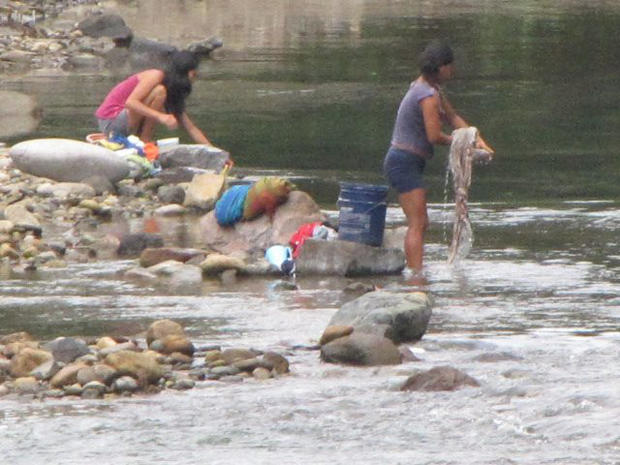
What makes this difficult to understand is that outwardly, they dress well and upon meeting them, you would not guess that they lived in a home like I just described. If they were all walking around with the bare protruding bellies and gaunt, skeletal faces covered in flies as the TV commercials show then I think we could process it all differently.
These children that you see in their Sunday best, walking hand in hand with their families along the Malecon with smiles, laughing and enjoying an evening stroll do not fit our idea of poverty.
What is not obvious is that the Sunday dress is likely their only dress and what they ate for breakfast may have been two 0.10 cent bread rolls shared between 4 people.
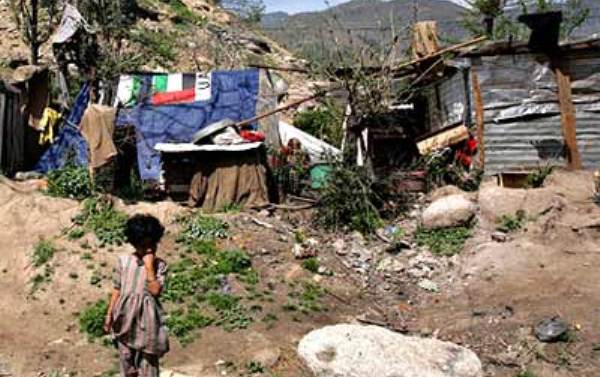
In spite of all of what I have seen. It is not uncommon to see them smile, joke and laugh regularly. They are the first to help when needed, the first to give a morsel of food when they have it. The first to give a hug, share a laugh and poke fun at situations.
Please don’t misunderstand, I am not romanticizing the situation. I don’t think they are happy because they are poor and live a simpler life; of course, they would prefer to have more money. Certainly, they would like to have a regular income so they can ensure food on the table consistently. But their wants are far simpler than our north ‘American Dreams’.
What I see is a tremendous human spirit. In spite of the poverty, in spite of the hunger that creeps in, they still do their best to celebrate each occasion with fervor. A birthday, a wedding, a graduation is a reason to celebrate life and each other. Their lives revolve around relationships, not things.
Ecuador is so much more than cheap almuerzos and great climate.
Its people are the heart and soul of this diverse country, not the cheap cost of living. Look beyond the Malecons, look between the buildings and you will see the real people of Ecuador living their lives; invisible.
With eyes wide open, along with your heart; Ecuador will most certainly seep into your soul and you will never be the same.
Are you interested in learning more about how you can get involved on the coast? Email Dodie to learn about her initiatives to help families in her area. Are you in Cuenca and wanting to get more involved in community support? Join the local expat foundation, Hearts of Gold and their efforts here.

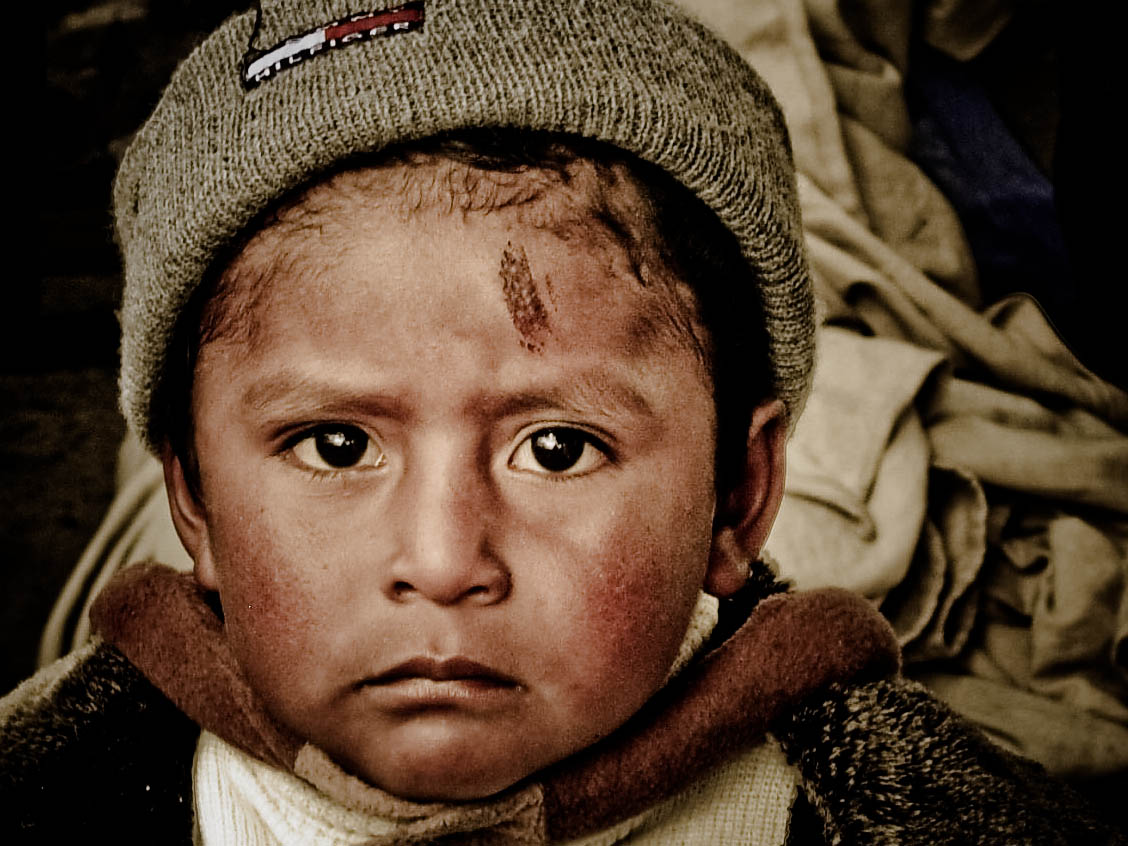




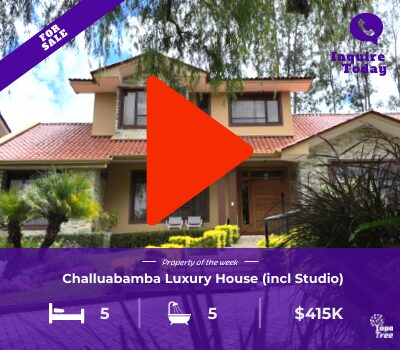



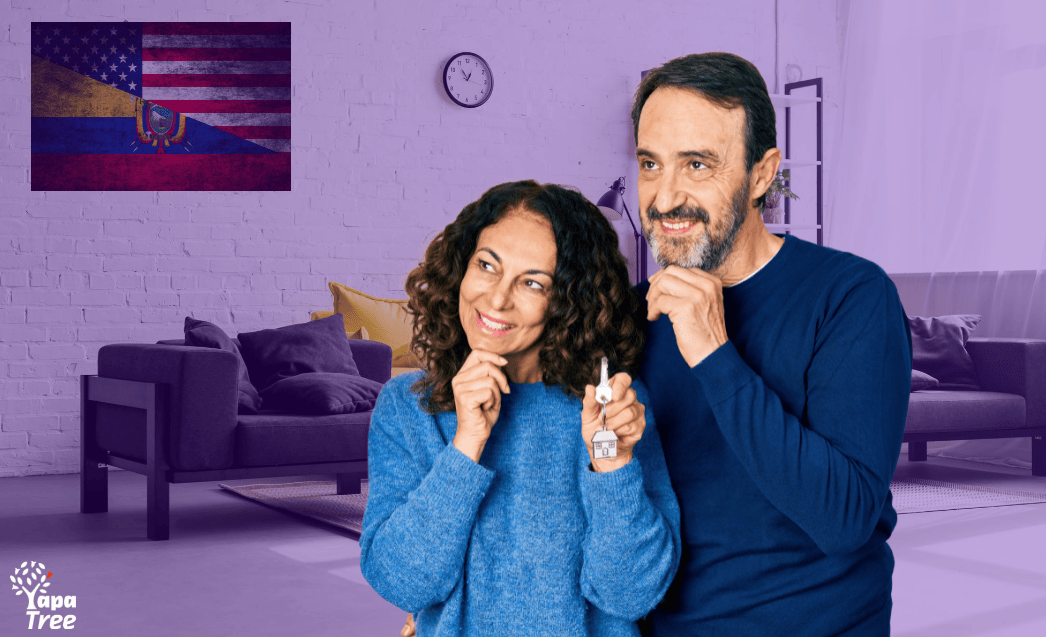

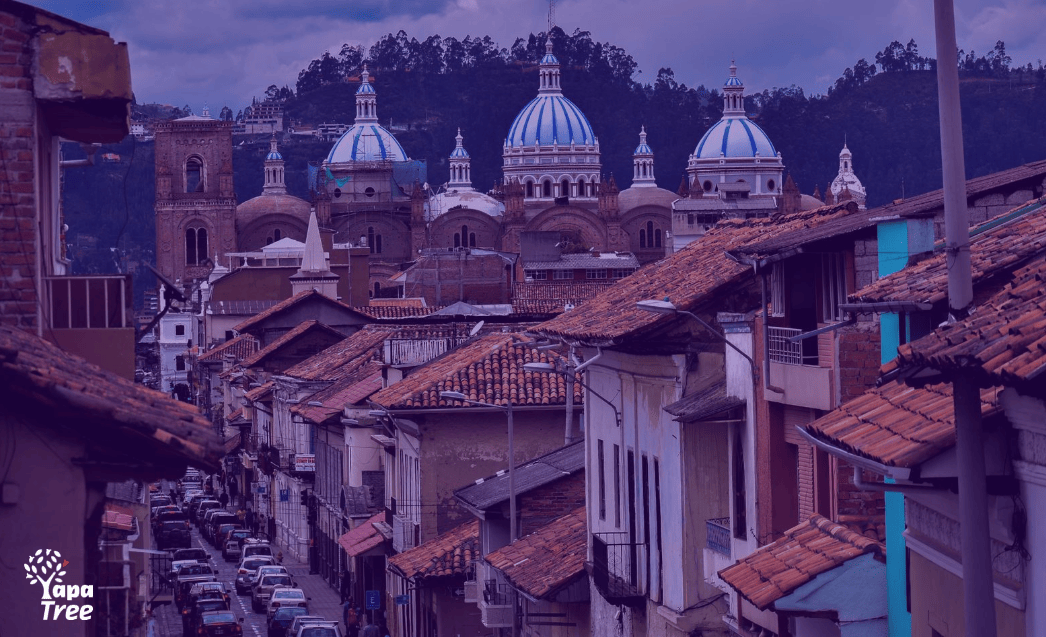
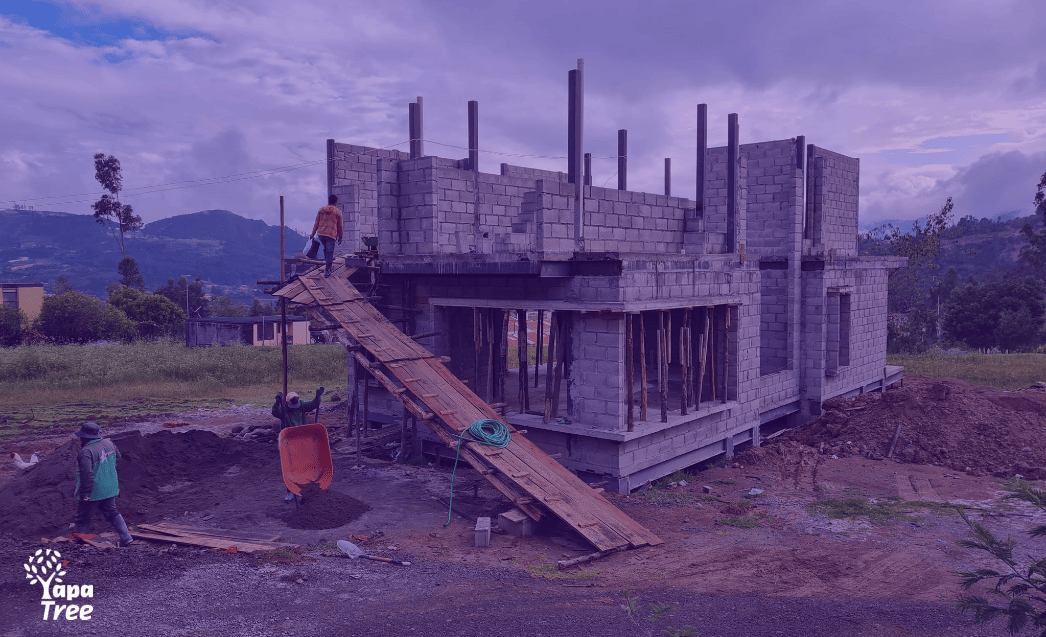

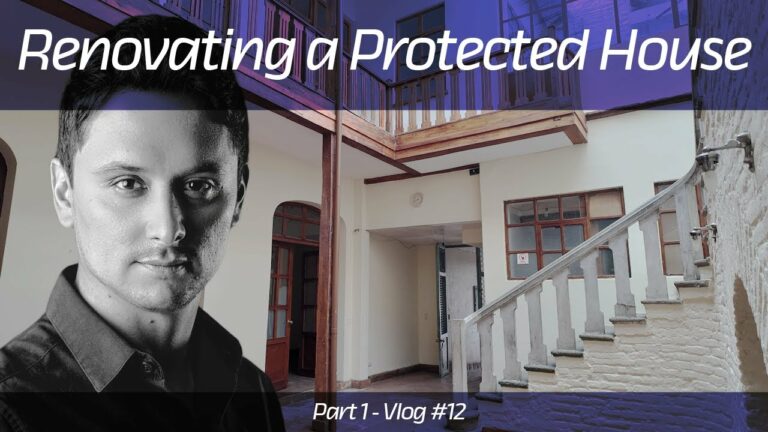

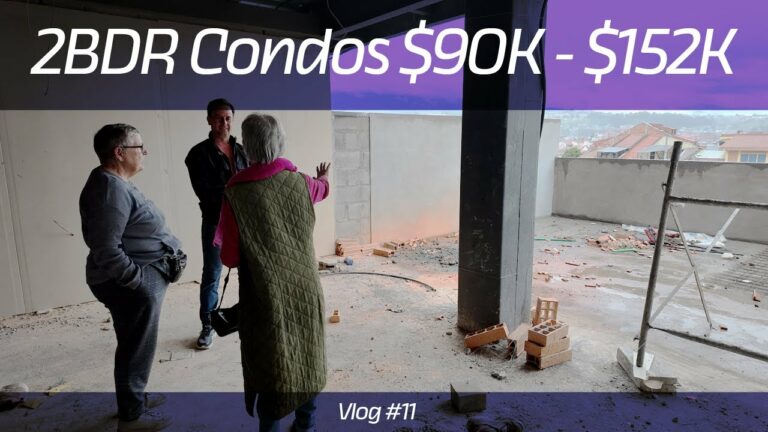

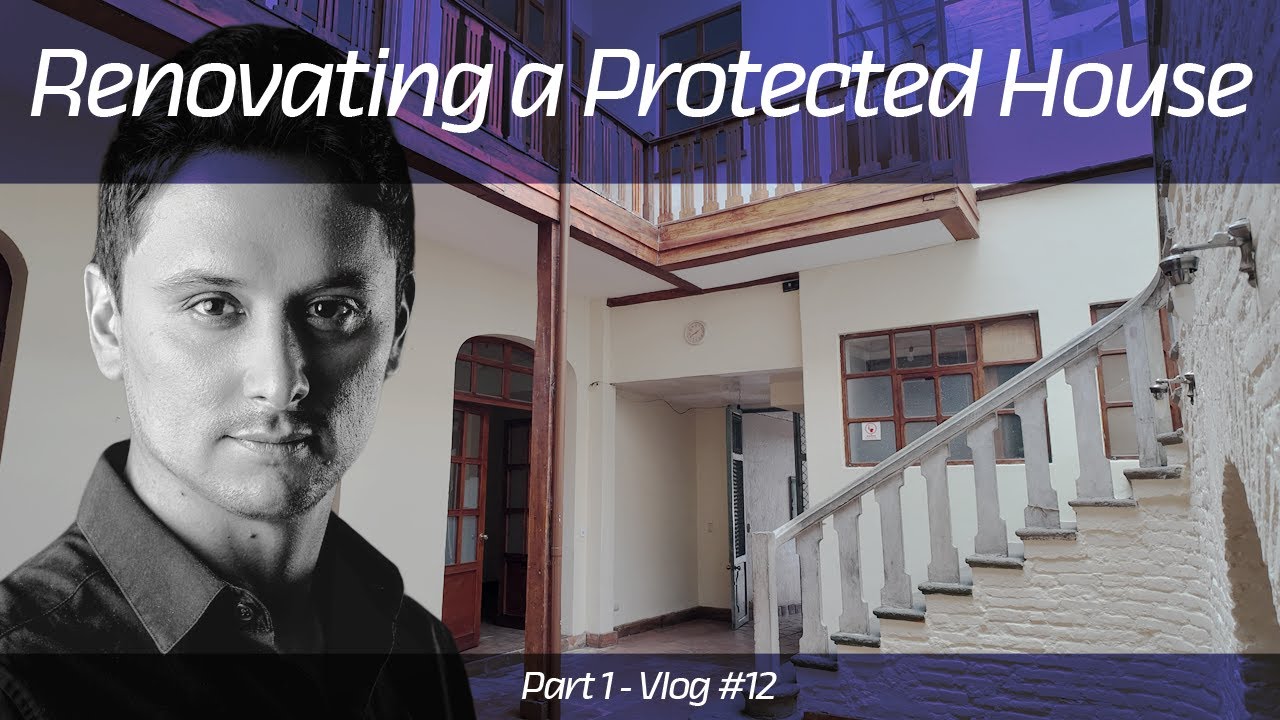

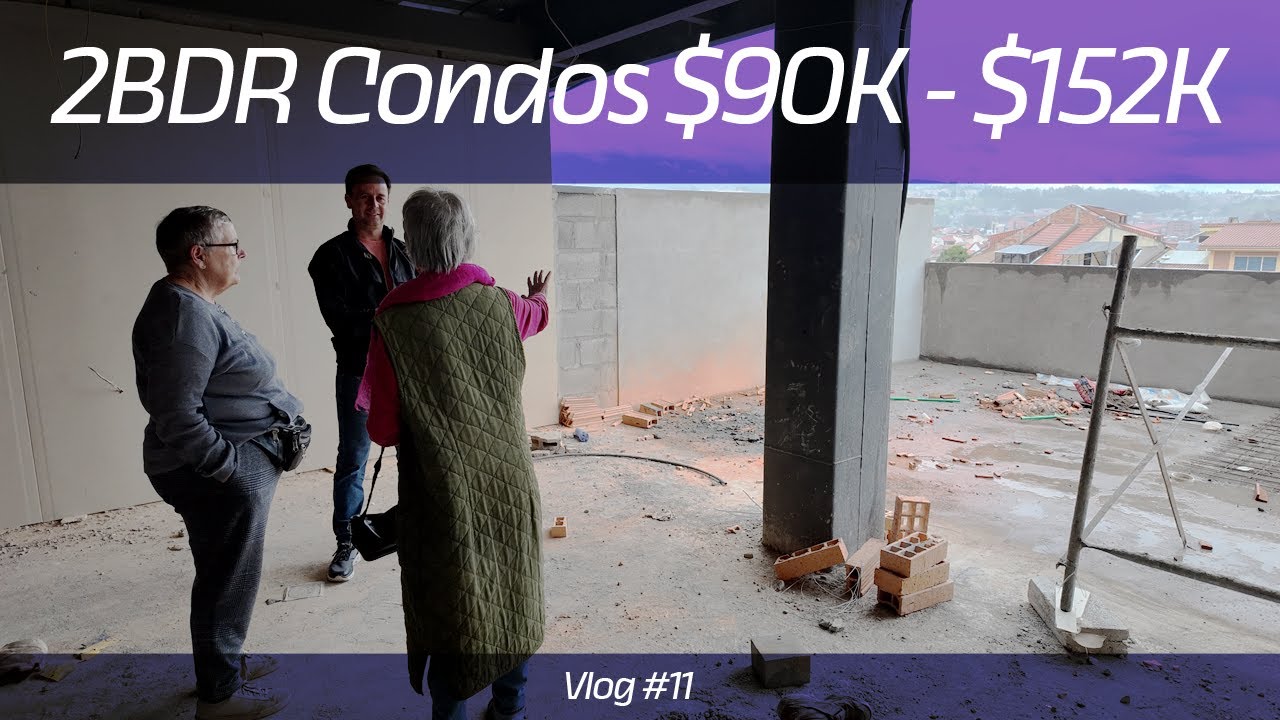
18 Responses
Thanks for sharing your insight Dodie. Really good article about local life in Ecuador and the opportunities we can have to see it…if we look.
Thanks Todd
Hi Dodie, Thanks for sharing, I do humanitarian work in Cotacachi with mostly the forgotten elderly poor. Have lived there for 6 years. Their joy and gratefulness is contagious. I am 80 years young and wish more people would get involved as we share their country. Blessings m
I love hearing these stories; Keep up the good work ! Don’t be afraid to ask for help, there are many people out there that would like to help, but don’t know how until someone leads them there. The elderly are in definite need in this country. There only hope of survival long term is to have many children that can help care for them. They do respect their aging in terms of discounts on many things, however this does not help with everyday necessities. They most often have zero income if they can no longer work meaning no food except what people can give them. Way to Go Micky!!
I do a great deal of work with poor families in a rural area outside of Cuenca and your story hits the nail on the head.
Thanks for sharing Frances. The community is much better off with people like you to help, to guide, advocate and sometimes just to share a hug . Don’t be afraid to ask those around you for help. There are many that want to help, they just need to be shown where and how.
Talk soon!
Wonderful article Dodie, thought provoking. Makes us all thankful for what we have, where we are but most importantly, an awareness that there are many around us that have so little !
Thanks Eduard!
Great article about the invisibles! For those of us who live here, this article was a great reminder about the living conditions experienced by people we see and interact with everyday. For those of us planning to visit or relocate, it provides a realistic perspective to the human aspects of the economic and social realities you find in Ecuador.
Thank you Deborah!
Excellent article, Dodie. You bring the situation to light for many people who don’t see it and in a loving and respectful manner of the people you’re speaking about.
Thanks ! With passing time, my admiration for the Ecuadorian people grows…
Thanks Dixie for putting things in perspective. This is my second year here, from NY, which I left after realizing I could not afford to survive there after 2008. I must say, that after reading your article I actually realized how fortunate I am that I have Social Security, even though that is all. I can afford to have a roof over my head, take care of myself and my dog and that my life could be a lot worse. Thank you for the article.
What a beautifully written and, obviously, heartfelt description of poverty and the Ecuadorian people. I have seen the same scenario in a number of other countries and often find myself somewhere between sadness and appreciation for the resilience of people who experience these conditions but understand, better than most of us, what the real meaning of life is.
gracias por este lindo reportaje, comentario, es maravilloso si solo los que tienen un poco mas dieran un poquito a los que tienen menos el mundo seria otro..
saludos
Dodie,
Such a well written article and very eye opening and humbling. I appreciate all you do there and am glad we are able to help in a small way. Very much enjoy hearing about your life in Ecuador and appreciate these beautiful articles. God Bless
Thanks for this article.I backpacked Ecuador three years ago and met a lot of very nice people.Ecuador was recommended by International Living.Where I live in Kelowna British Columbia there are people building up to 35 million dollar houses which I find super greedy..I believe there is enough wealth in the world to give everyone a decent home with food on the table.GREED is the problem.When I was in Manta I saw tourists off a Cruse Ship haggling over prices at the market.This is something I don’t like .I always pay what is asked.This can help build a better standard of living. I am planing on going back to Ecuador and Peru and staying for a longer periods of time.When that time comes I will connect with this site . Dave
Kelowna! We were practically neighbors! Please do drop a line the next time you come to the country and thanks for sharing. I have to agree; poverty is man-made and working together collectively it could be remedied.